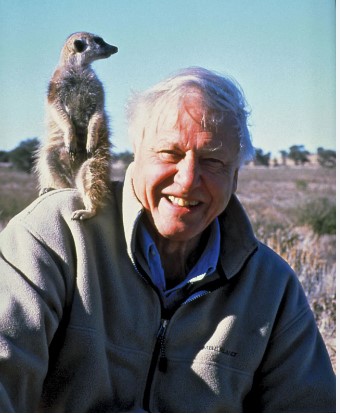David Attenborough, the renowned zoologist and television presenter, has issued a grave warning to humanity: “If bees were to disappear from the face of the earth, humans would have just 4 years left to live.” This dire statement underscores the critical role that bees play in our world.
Bees may seem like bothersome insects at times, disrupting picnics and outdoor gatherings, but they are essential to our survival. These tiny creatures are responsible for pollinating nearly a third of the food we consume, making them vital to our global food supply.

The situation is dire. Over the last five years, the bee population has declined by one-third. However, there is hope, and David Attenborough offers a simple solution that each one of us can adopt to help these vital pollinators. His advice is straightforward: mix sugar and water in a spoon and place it in your backyard. This sugar-water mixture can provide a much-needed energy boost to tired bees that might otherwise perish.
During certain times of the year, bees can appear exhausted and on the brink of death. They often lack the energy to return to their hives and can be swept away. By leaving a spoonful of sugar water in your backyard, you can offer these struggling bees a lifeline.
To create this bee-saving concoction, mix two tablespoons of white, granulated sugar with one tablespoon of water. Place it on a spoon in your garden for the bees to access. This simple act of kindness can help revive and sustain these essential pollinators.
But that’s not the only way you can contribute to saving bees and, in turn, our planet. You can also plant flowers on your balcony or allow wildflowers to flourish in a corner of your backyard. These flowers provide a valuable source of nectar for local bees and support their population.
In a world where individual actions collectively make a significant impact, taking steps to protect and nurture bee populations is not just an environmentalist’s duty; it’s a responsibility we all share. By following David Attenborough’s advice and spreading awareness, we can collectively work towards safeguarding the future of these tiny but mighty insects and, by extension, our own future on this beautiful planet.


